The latest news from Eawag
Refine search
Refine search
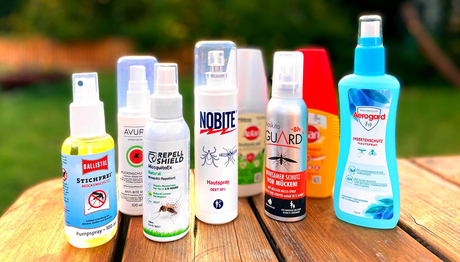
Biological degradation of mosquito repellents only ...
August 22, 2024
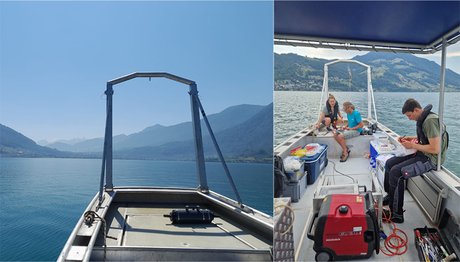
Bacteria in lakes fight climate change
August 20, 2024
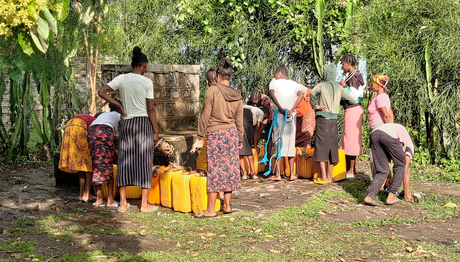
Four billion people estimated to lack safe drinking ...
August 15, 2024
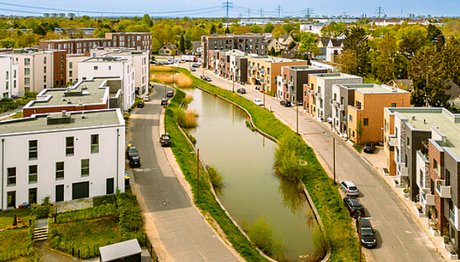
Innovative water solutions for sustainable cities
August 13, 2024
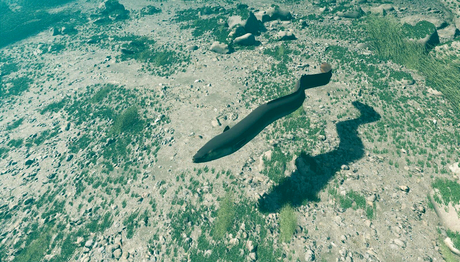
Swim with the fish in the Rhine Falls basin
July 19, 2024
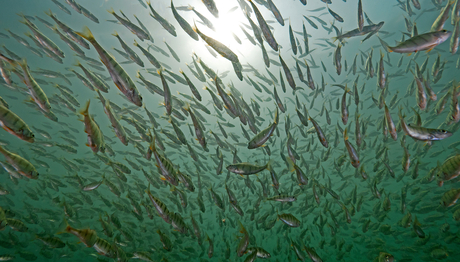
Predicting the toxicity of chemicals with AI
July 18, 2024
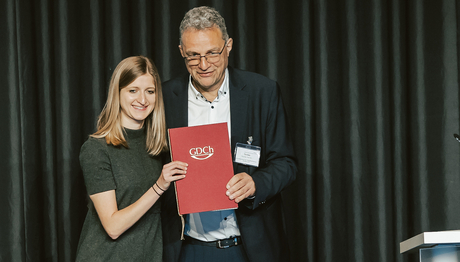
Prize-winning thesis: oxidation done properly!
July 17, 2024
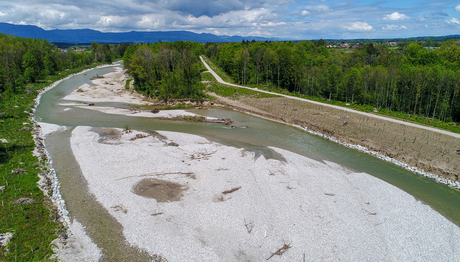
A list of priorities for the protection of biodiversity
July 9, 2024
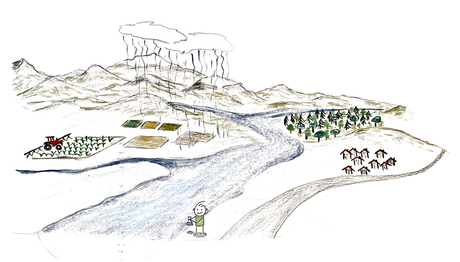
Pesticides in water bodies - there is still work to be ...
July 9, 2024
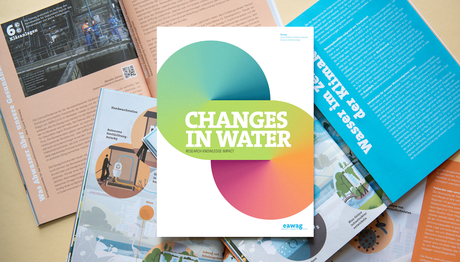
Presenting the new Eawag publication: Changes in Water
July 2, 2024

Impact of high-temperature heat storage on groundwater
June 13, 2024
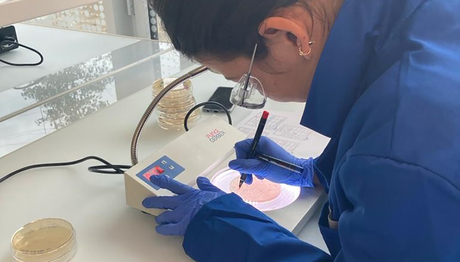
Antibiotic-resistant bacteria in wastewater
June 6, 2024
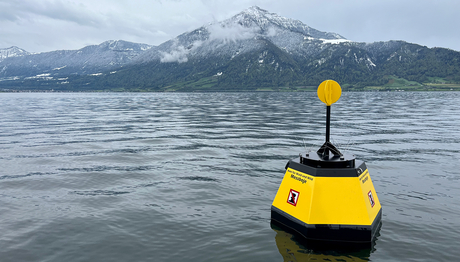
Underwater camera explores microcosms in Lake Zug
June 5, 2024

